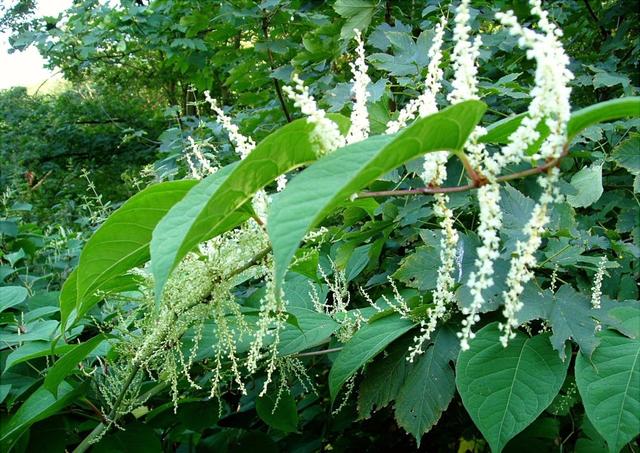Polygonum cuspidatum, commonly known as Japanese knotweed, is a plant that has gained notoriety as one of the world's most invasive species. Its ability to spread rapidly and grow in a wide range of soil conditions has led to it being classified as a noxious weed in many parts of the world. However, what many people do not know is that this plant is also a nutritional powerhouse with a number of remarkable health benefits.

For centuries, Japanese knotweed has been used in traditional Chinese and Japanese medicine to treat a variety of ailments, including gastrointestinal disorders, cardiovascular disease, and respiratory infections. Recent scientific research has confirmed many of these traditional uses and has also revealed new potential applications.
One of the most well-known health benefits of Japanese knotweed is its high concentration of resveratrol, a polyphenol that has been shown to have anti-inflammatory and antioxidant properties. Resveratrol is believed to play a role in the prevention of age-related diseases such as cancer, Alzheimer's, and cardiovascular disease.
In addition to resveratrol, Japanese knotweed is also rich in other beneficial compounds such as emodin, a natural laxative that can help alleviate constipation, and quercetin, a flavonoid that has been shown to have antihistamine and anti-inflammatory properties.
Another potential use for Japanese knotweed is as a natural source of RNA, a molecule that plays a key role in gene expression and protein synthesis in the body. RNA has been shown to have a number of health benefits, including improved cognitive function, increased energy levels, and enhanced immune function.
Despite its many health benefits, Japanese knotweed remains a highly controversial plant due to its invasive nature. The plant's strong roots and stems can cause damage to buildings, roads, and other structures, leading many governments to enact strict regulations and controls on its cultivation and use.
Despite this, there is growing interest in using Japanese knotweed as a sustainable food source, particularly in parts of the world where food insecurity is a major issue. The plant's high concentration of nutrients and ability to grow in a wide range of soil conditions make it an attractive option for agricultural production.
In conclusion, while Japanese knotweed may be best known as an invasive species, it is also a plant with remarkable health benefits. Its high concentration of resveratrol, emodin, and other beneficial compounds make it a powerful tool for preventing age-related diseases and improving overall health. As research into the plant continues, it is possible that Japanese knotweed could emerge as a major player in the fields of nutrition and medicine.